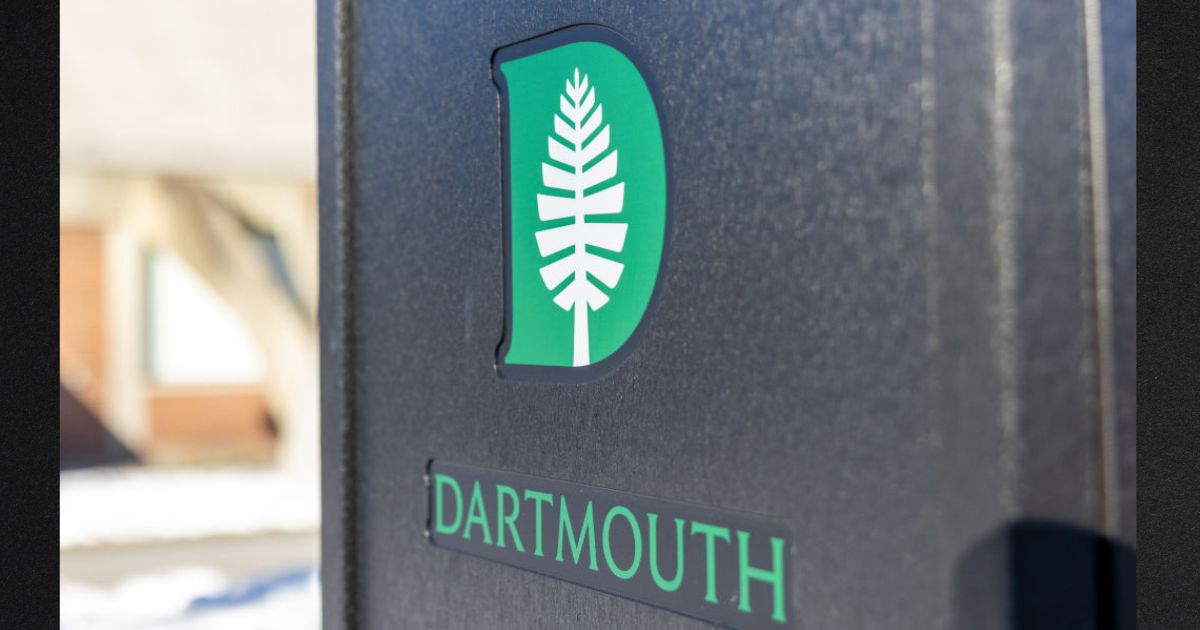US strengthens ties with Vietnam amidst concerns over CCP’s influence in Asia.
To bolster ties with countries in Asia and address mutual concerns over the growing influence of the Chinese Communist Party (CCP), President Joe Biden will embark on a state visit to Vietnam in September.
The visit will follow this month’s landmark Camp David trilateral leaders’ summit involving Japan and South Korea, which underscored America’s commitment to keep the CCP’s influence in check across the Indo-Pacific region.
On Aug. 18, President Biden met with Japanese Prime Minister Fumio Kishida and South Korean President Yoon Suk Yeol for the historic summit at Camp David. It marked a significant step forward in cooperative efforts among the three nations, addressing topics that spanned security and economic cooperation. A joint statement issued after the summit notably criticized China’s “dangerous and aggressive behavior” in the South China Sea, emphasizing the vital importance of peace and stability in the Taiwan Strait for global security and prosperity.
President Biden’s Visit to Vietnam
According to White House press secretary Karine Jean-Pierre, President Biden will travel to Hanoi, Vietnam on Sept. 10, 2023. While there, Mr. Biden will meet with General Secretary Nguyen Phu Trong and other key leaders to discuss ways to further deepen cooperation between the United States and Vietnam.
Related Stories
“High-level leaders of the two countries have agreed and are discussing measures to further deepen bilateral relation in a stable, substantive, and long-term manner, and aiming to upgrade (the relation) to a new level when possible,” Vietnamese foreign ministry spokesperson Pham Thu Hang said.
During a visit to Vietnam last April, U.S. Secretary of State Antony Blinken met with Prime Minister Pham Minh Chinh, who expressed his eagerness to deepen his country’s relationship with the United States.
Further, while speaking at a political fundraiser in New Mexico in early August, President Biden mentioned that he might visit Vietnam “shortly.”
The United States has been actively seeking to strengthen its ties with Asian allies and partners to effectively address the threat posed by the CCP: what the Aug. 18 joint statement called ”actions inconsistent with the rules-based international order, which undermine regional peace and prosperity.”
According to Reuters, the United States attaches significant importance to Vietnam’s rare earth industry. Insiders within this sector suggest that Vietnam boasts rare earth mineral deposits second only to China in scale. In recent years, Vietnam has made strides in refining technologies, indicating its potential to challenge the CCP’s monopoly in the rare earth production sector.
Data from the U.S. Geological Survey (USGS) reveals that Vietnam’s rare earth production increased tenfold last year, soaring from 400 tons in 2021 to 4,300 tons in 2022, making it the world’s sixth-largest rare-earth producer.
Rare earth elements are vital for cutting-edge industries like permanent magnets and semiconductor abrasives. China’s dominance in the sector has fueled concerns that it could wield rare earth elements as a retaliatory tool in disputes with countries like the United States and Japan. As a result, diversifying rare earth supply chains has become imperative for the United States and its allies, including South Korea and Japan.
To decrease their reliance on Chinese rare earths, South Korean President Yoon Suk Yeol and Vietnamese President Vo Van Thuong signed an agreement on June 23 to initiate “rare earth supply network cooperation,” aligning with a “comprehensive strategic partnership” between the two countries.
Although Vietnam and South Korea were on opposing sides during the Vietnam War, their relationship has notably evolved. Presently, South Korea stands as Vietnam’s largest investor. Notably, in the previous year, Vietnam overtook China as South Korea’s leading trade surplus partner, with prominent Korean corporations like Samsung increasing their presence there.
Samsung alone produces nearly half of its smartphones and tablets in Vietnamese factories, and Samsung products account for about a quarter of Vietnam’s total exports.
Despite sharing a border and economic ties, Vietnam and China have experienced significant territorial disputes in the South China Sea in recent years. These tensions escalated to a standoff at sea in May of this year.
In July, Vietnam even banned the American film “Barbie,” because it featured a map showing the “nine-dash line”—used by China to mark its claim to most of the South China Sea.
A Pew Research survey from August 2017 revealed that the Vietnamese held an unfavorable view of China and the CCP, ranking among the Asia-Pacific countries with the most critical perspective. The survey also indicated that Vietnam topped the list of countries viewing “China’s growing influence” as a major threat.
" Conservative News Daily does not always share or support the views and opinions expressed here; they are just those of the writer."





